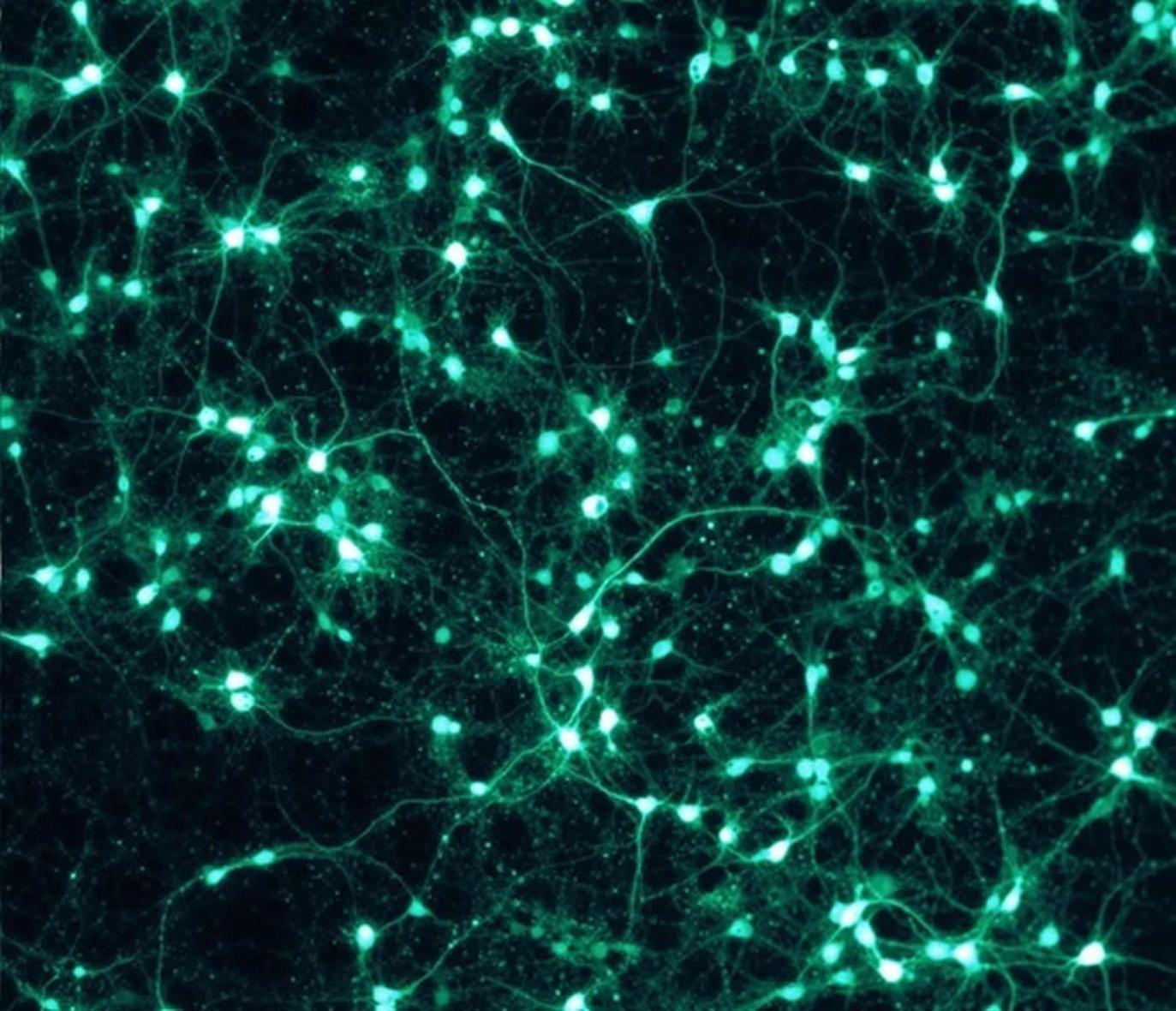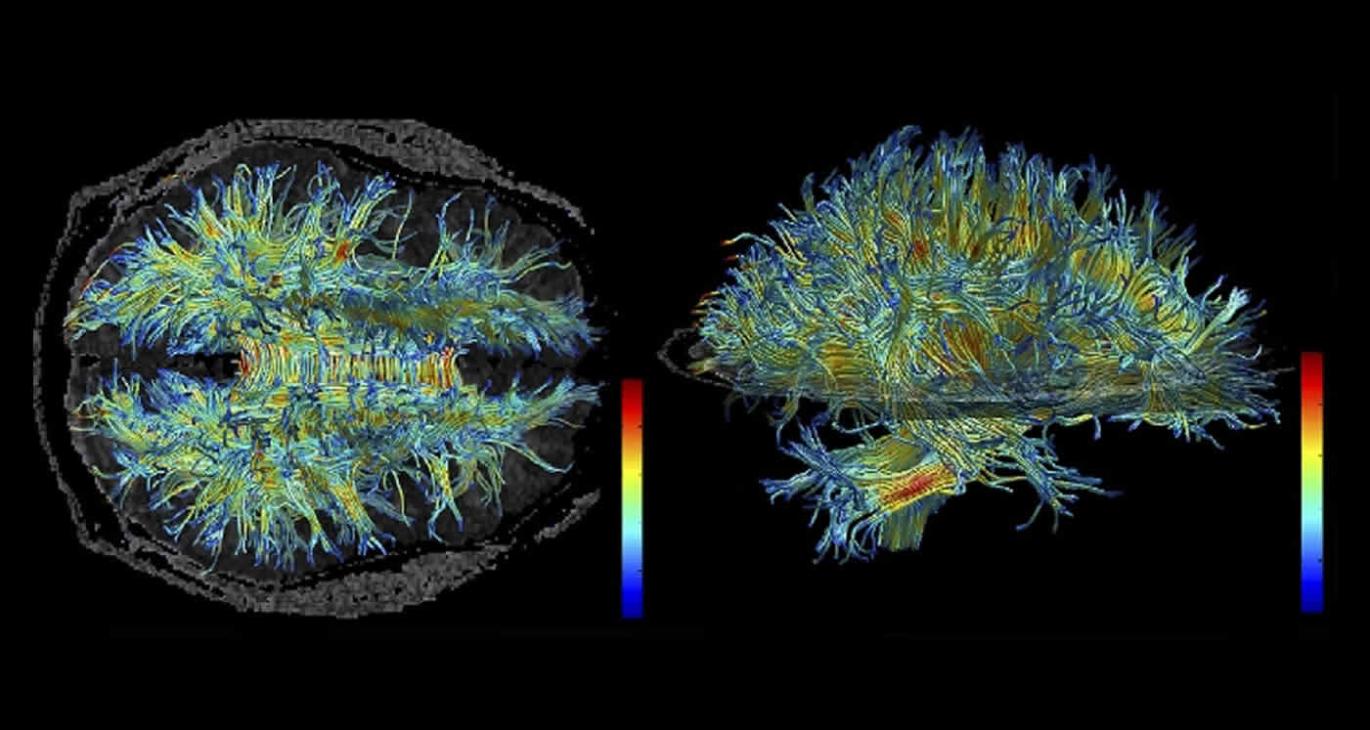The Brain's Response to Stress: Uncovering the Neurobiology of Resilience
Stress is an unavoidable part of life. It can come from various sources, such as work, relationships, finances, or health issues. While some stress can be beneficial, motivating us to take action and perform at our best, chronic stress can have detrimental effects on our physical and mental health. Understanding the brain's response to stress is crucial for building resilience and coping with stress effectively.

I. Understanding The Stress Response
A. The Hypothalamus-Pituitary-Adrenal (HPA) Axis
The HPA axis is a complex network of interactions between the hypothalamus, pituitary gland, and adrenal glands. When we experience stress, the hypothalamus releases corticotropin-releasing hormone (CRH), which signals the pituitary gland to release adrenocorticotropic hormone (ACTH). ACTH then stimulates the adrenal glands to release cortisol, a primary stress hormone.
B. Stress Hormones And Their Effects
Cortisol, along with other stress hormones like adrenaline and noradrenaline, plays a vital role in the body's response to stress. These hormones trigger a cascade of physiological changes, including increased heart rate, respiration, and blood pressure, as well as heightened alertness and energy mobilization. However, prolonged exposure to high levels of stress hormones can lead to various health problems, such as anxiety, depression, and cardiovascular issues.
C. Activation Of The Sympathetic Nervous System

In response to stress, the sympathetic nervous system (SNS) is activated, triggering the "fight-or-flight" response. This results in increased heart rate, blood pressure, and respiration, as well as the release of glucose and other energy sources into the bloodstream. While the SNS is essential for responding to immediate threats, chronic activation can lead to wear and tear on the body and contribute to stress-related health problems.
II. The Brain's Response To Stress
A. Activation Of The Amygdala
The amygdala, a small almond-shaped structure deep within the brain, plays a crucial role in emotional processing, particularly in fear and anxiety. When we experience stress, the amygdala is activated, triggering a cascade of physiological and behavioral responses, including the release of stress hormones and the activation of the SNS.
B. Impact On The Hippocampus

The hippocampus, a brain region involved in memory and learning, is also affected by stress. Chronic stress can lead to a reduction in the size of the hippocampus, impairing memory and learning abilities. This can have significant consequences for cognitive function and overall well-being.
C. Impact On The Prefrontal Cortex
The prefrontal cortex (PFC), responsible for higher-order cognitive functions such as decision-making, planning, and impulse control, is also affected by stress. Chronic stress can impair the PFC's functioning, leading to difficulty in making decisions, controlling impulses, and regulating emotions.
III. The Neurobiology Of Resilience
A. The Concept Of Resilience
Resilience is the ability to adapt and bounce back from adversity, stress, and trauma. It is a complex trait influenced by both genetic and environmental factors. Understanding the neurobiology of resilience can provide insights into how we can build resilience and cope with stress effectively.
B. Neuroplasticity And Resilience
Neuroplasticity, the brain's ability to change and adapt in response to new experiences, plays a crucial role in resilience. When we experience stress, our brains can adapt by forming new neural connections and strengthening existing ones. This process, known as neuroplasticity, allows us to learn from our experiences and develop coping mechanisms.
C. Stress-Buffering Mechanisms
Certain factors can act as stress buffers, protecting us from the negative effects of stress and promoting resilience. These include social support, mindfulness practices, and regular exercise. Social support can provide emotional and practical resources, mindfulness can help us regulate our emotions and responses to stress, and exercise can release endorphins, which have mood-boosting effects.
IV. Building Resilience Through Lifestyle Choices
A. Impact Of Healthy Lifestyle Choices
Making healthy lifestyle choices can significantly impact our resilience to stress. Eating a balanced diet, getting enough sleep, and engaging in regular physical activity can help reduce stress levels, improve mood, and enhance overall well-being. These choices can also support neuroplasticity and promote the development of coping mechanisms.
B. Specific Examples Of Healthy Choices
- Diet: Consuming a diet rich in fruits, vegetables, whole grains, and lean proteins can provide essential nutrients for brain health and resilience.
- Sleep: Getting 7-8 hours of quality sleep each night is crucial for brain function, emotional regulation, and stress recovery.
- Physical Activity: Engaging in regular moderate-intensity exercise for at least 30 minutes most days of the week can reduce stress, improve mood, and promote neuroplasticity.
C. Role Of Positive Relationships And Social Support
Positive relationships and social support play a vital role in building resilience. Having a strong support network can provide emotional comfort, practical assistance, and a sense of belonging. Social interactions can also stimulate neuroplasticity and promote the development of coping mechanisms.
V. Conclusion
Understanding the brain's response to stress and the neurobiology of resilience is crucial for developing effective strategies to cope with stress and build resilience. By making healthy lifestyle choices, fostering positive relationships, and engaging in resilience-building practices, we can enhance our ability to adapt to stress, bounce back from adversity, and thrive in the face of challenges.
YesNo

Leave a Reply